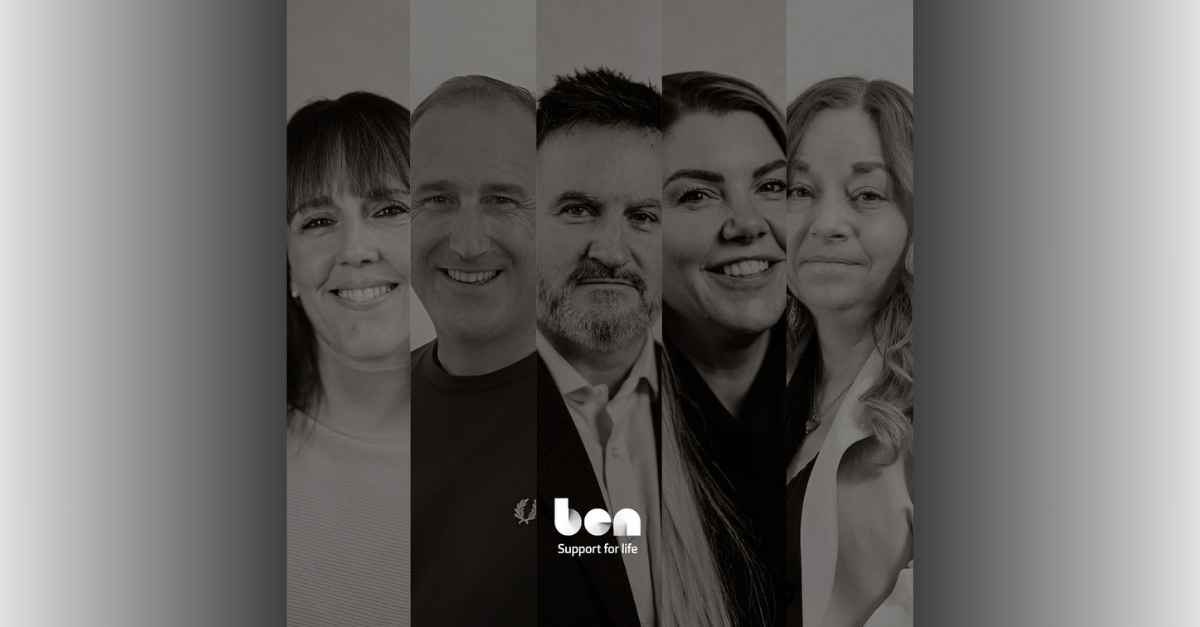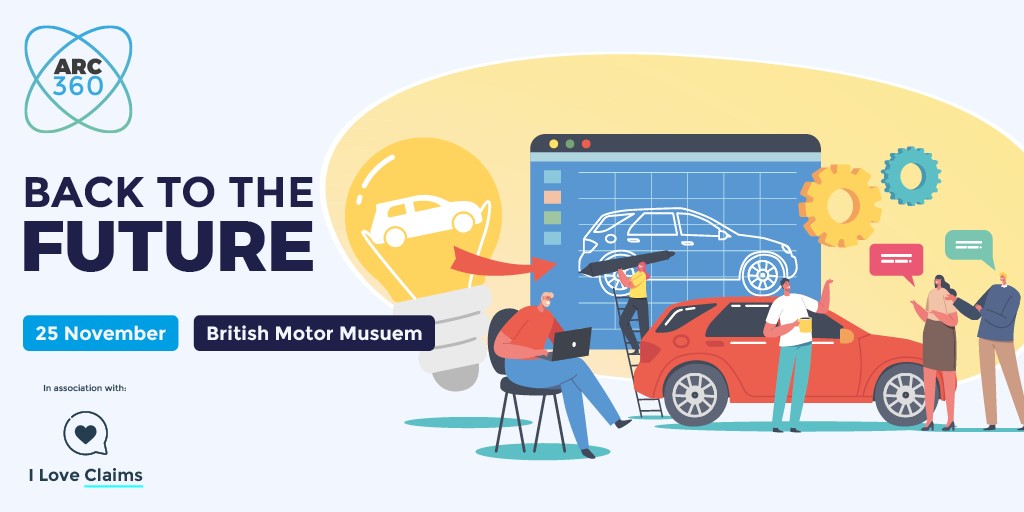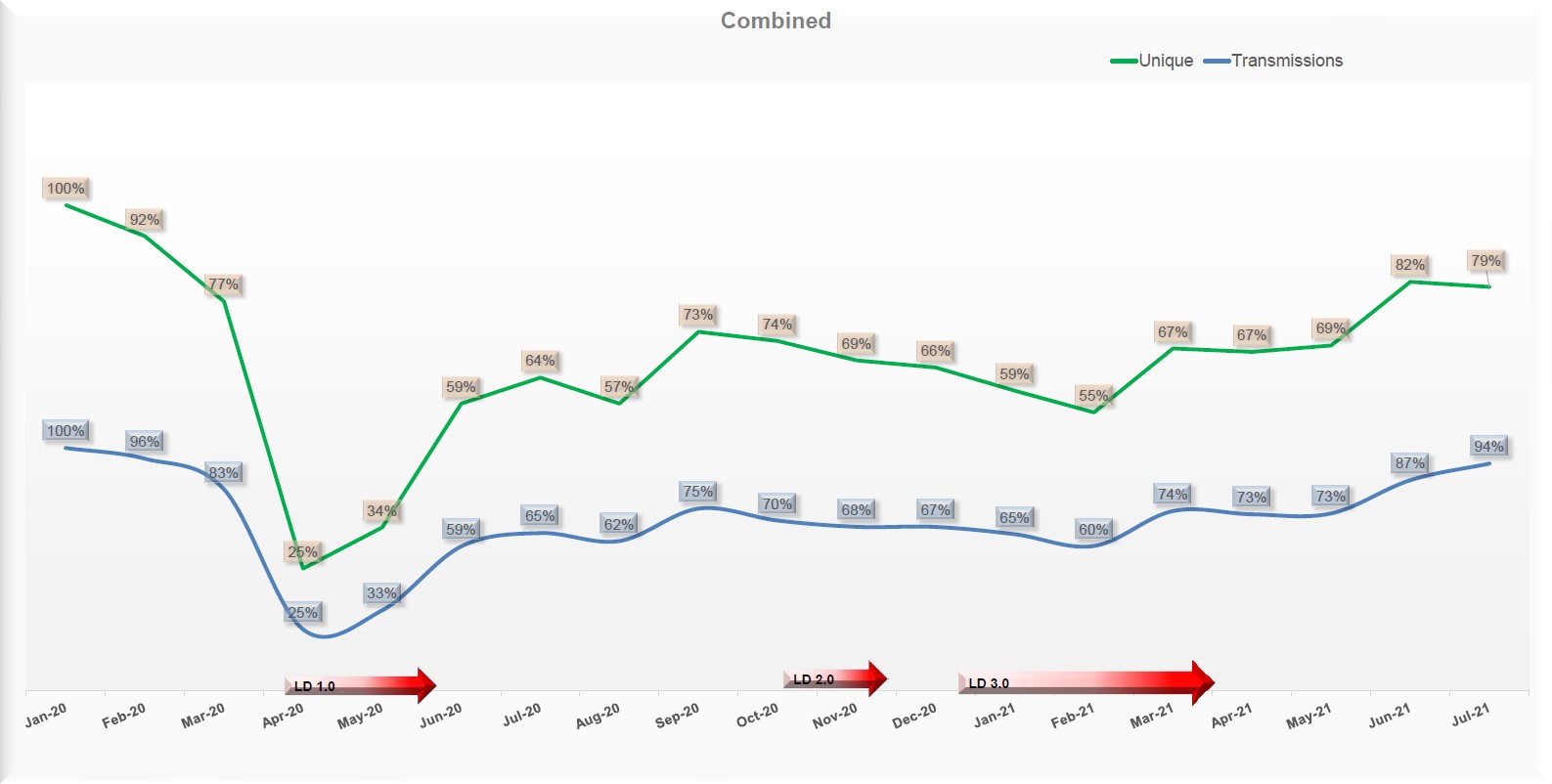More than 100 years ago a single innovation accelerated production times of the Model T from 12 hours to 93 minutes.
The innovation in question was a moving assembly line, and as well as changing the entire landscape of manufacturing across multiple industries, it also changed the jobs within automotive manufacturing and the associated skill sets that were required.
In many ways a similarly seismic shift is happening now with advanced driver assistance systems (ADAS), digitalisation and electrification – new technology is replacing old; new processes are being introduced; and new job roles are being created within the workshop, or, at least, existing job roles are changing.
And all this is happening in the middle of a dire skills shortage that has dogged the automotive aftermarket for a decade or more.
The question is then, how can bodyshops develop and maintain a workforce that is fit for purpose not just now, but also in two, five, and 10 years?
Old skills
The good news is that most of the traditional skills required in the workshop today will still be required in the future. Yes, modern vehicles are being fitted with any number of collision-avoidance systems, and yes, self-driving cars are probably a large part of the future of road transport.
But many people believe full autonomy is further away than often reported, and even when autonomous vehicles do join the car parc they will still share the road with today’s cars for years to come, meaning collisions will still occur and dents will still need repairing and panels painting.
Beth Rutter is global director industry and customer engagement for Tradiebot, a US-based company which develops immersive technology solutions for training and information delivery in the automotive and trade sectors.
She said, “Bodyshops won’t disappear. They will look different but are still going to be repairing vehicles. There are a lot of cars on the road without new technology, and new technology is not designed to avoid old technology. So, even 15 years down the road bodyshop technicians will still need traditional skills. Maybe not all technicians will need these skills, or as many, but they’ll still need to understand them.”
Richard Taylor, European business development director, asTech, agrees: “We will still need hands-on people because it doesn’t matter what car you have, it will still get damaged. How many cars have sensors in the windscreen or bumpers and lights? All these things are designed to make sure they crash less, but they will still crash.”
Protect what you have
So, if today’s skills will remain relevant then it makes sense to do everything possible to keep the talent you have.
Apart from anything else, the cost of staff turnover is extortionate – estimates vary according to the job title and the industry, but the average cost of replacing a member of staff is about £12,000. Research has also found that it takes a new starter about six months to reach the productivity levels of the employee they are replacing.
And this is all assuming there is actually new talent out there to be recruited. In the automotive repair sector, that is often not the case.
Gary Fay, chief executive of Identifi Group, which specialises in recruitment in the automotive aftermarket through Identifi Body Repair, said: “Many bodyshops do not yet understand the scale of the skills shortage problem, and it’s not getting better. We have nearly 60 body repair jobs on our books. People phone me asking me where their candidates are, and we’re trying to educate the industry that there are no candidates.”
So, the first step towards preparing for tomorrow is keeping what you have today – something as a sector that has not previously been a strongpoint.
Countless studies have proven that job satisfaction and career-development matters more to employees than simple salary, but in too many cases there is a reluctance to train – either for cost and time reasons, or, more perniciously, for fear of investing in rough diamonds only to see them leave and sparkle for another employer.
Gary continued, ‘Culture is everything. If you create a sense of loyalty and belonging, and if you reward your staff properly, why would they leave? And rewarding them isn’t always about money. There is a whole ecosystem of benefits around jobs, and different generations require different things from their working lives. They want to be managed and mentored differently.’
He continued, ‘You’re going to have to grow your own talent, and that means patience and investment, but short-termism has been a problem in this industry for years. So many other industries are getting this right, and unfortunately we’ll continue to bleed people to them until we do.’
New skills
But even for repairers who understand engagement and are getting it right, retaining talent is just one facet of facing down the skills challenge heading our way, and no bodyshop can afford to simply keep doing what it’s always done and trust that it will still be a viable business in 2030. Opinions are it won’t.
Beth said, ‘Everything is changing, and change is a good thing. The ones digging their heels in, their days are numbered. But that’s a good thing too because if they’re digging their heels in, chances are they’re not repairing cars properly.’
As everyone keeps saying, cars are computers on wheels and perhaps to get a sense of where the industry is heading it is worth considering the transformation of another industry.
Not so long ago a telephone was a piece of hardware attached to the wall, and a phone engineer was someone on the end of a harness at the top of a telegraph pole. While that role still exists, barely, the phone now is an entirely new concept – it is digital, it is about mobility and connectivity, and those drawn to the industry are focused on the software not the hardware.
Do today’s phone technicians need to know how to fix a handset, or even have an interest in that side of it? Probably not. That said, the specialists who do possess such hands-on skillsets in combination with an understanding of the software can be in great demand.
The auto industry has not moved quite so far – perhaps we’re at the Nokia 3310 stage now – but the direction of travel is obvious, and it is already happening at a leadership level. Many of the more successful bodyshops today are managed by people with business skills rather than repair skills.
Yes, vehicles will still collide and the aftermarket will still need hands-on talent, but it will need an entire new breed of technician too.
New roles
Already in America some repairers have employed full-time researchers. Their sole function is to find out what systems are embedded within the vehicles that arrive on site, and what the correct repair methods are. They are office-based and may never even visit the workshop (they could even work from home).
Do they need to know how to replace a bumper? No. But they need to know how to find that out and understand what the knock-on implications are for each and every model.
Beth said, “The researcher doesn’t need to be interested in vehicles. Vehicle methodology is often buried so they just need to be good at going down every rabbit hole to find out every facet of a repair.”
The argument against this from an already stretched repairer community can be time and money, but, ironically, time and money is also an argument in favour alongside, of course, safety. You only have to look at the 2017 high profile case in the US to realise the potential for consequences.
Beth believes that, if managed properly, spending time on good research can yield handsome returns.
She said, “This is a management problem. If you research every nut and bolt that you need to work on to repair a vehicle to pre-accident condition, there is money in it. One thing is connected to another, but a lack of knowledge means bodyshops aren’t charging for everything they’re doing. If you do the work then you should get paid for it, and if you get paid for it then it’s a profit turner.”
Beth said, “We should draw an analogy with dentistry, which is an almost identical industry: you go in, the necessary work is carried out and insurers pay. The difference is the dentistry industry has become very good at getting paid for everything they do. Collision repairers needs to learn that.”
Recruitment
One thing is clear, the industry is in a state of flux and will be for some time to come. Hybrid workers is a coming trend, if it’s not already here, but the complexity of the sector and the need for specialisation means that bringing in fresh talent will be essential.
A lack of appropriate candidates has already been discussed, but perhaps that is because managers are too rigid in what they’re looking for, or even looking for the wrong things.
Gary said, “You can’t just hire people based on skillsets and years at the wheel. Those people aren’t out there anyway. But we develop a job spec with 10 bullet points and if a candidate scores seven out of 10 we say they’re not appropriate. What we should be saying is, why have we not got the culture to train them in the other three areas? And that job spec was probably written 15 years ago anyway.
“But these things become so ingrained, and it takes courage to move away from them.”
In fact, with roles changing so rapidly, are skills even the key factor in determining who will be a valuable long-term employee?
Every technician working now will need training if they want to remain in the sector, so would it better to employ someone with today’s skills and a fixed mindset, or someone with a growth mindset who is more willing to learn tomorrow’s skills?
Identifi Group did a psychometric test to discover what attributes make a good bodyshop technician and the results make interesting reading. It found that the traditional personality working in the sector now is not necessarily the same personality that will thrive in the sector in the future.
By measuring the behaviours of body repair technicians, the test drew the following conclusions:
Low priority:
- Change – finds frequent change disrupting, is comfortable performing a familiar role and prefers a stable organisational culture.
- Self-development – satisfied with current performance and feels that self-development is less important than getting the job done.
- Adaptable – rarely alters behaviour to create an impression in different circumstances.
High priority:
- Detail focused – takes a perfectionist approach. Enjoys attending to detail and notices points others miss.
- Resilient – not usually upset by criticism. Resilient rather than emotional.
Gary said, ‘Regardless of their role, 90% of bodyshop technicians will need to learn new technology so a desire for learning and development is absolutely key in new hires. They will also need to be customer focused, and a that brings in a whole new set of behaviours.
‘Technicians also need a sense of resilience because there is an element of repetition in the job, and they are going to be busy, they are going to have to meet certain KPIs, so the ability to deal with certain time pressures is also important.’
With this in mind, employers might be able to spread the net wider when new vacancies become available. And if they can do that, they may just find the skills they actually need is in ready supply.
Beth said, “We don’t have a technician skills problem, we have a leadership problem. Two million applicants apply to work at Google every year. It is harder to get a job at Google than it is to get into Harvard Medical School. Why? Because Google is a great place to work, with excellent benefits and an excellent environment. It has mentorship programmes, which I think are critical in our sector, and there is an employee call-in to speak directly to the executive team of Google once every few weeks.
“We don’t do that in our industry. We actually make it difficult for people to stick it out with us. People can go to a fast-food restaurant and earn more money with better benefits. We don’t need to catch more mice, we need a better mouse trap.”
Future
It’s impossible to know exactly where the industry is going, and how quickly it is getting there, but it might turn out that we never address the current skills shortage – and never need to.
Instead of filling the vacancies for technicians we have now, we may find we need far fewer in the future, and the roles that need filling in an increasingly digital environment demand an entirely new set of skills. And we may just find there is an entire generation out there that already has them.
Richard concluded, “Maybe cars will become like F1 cars that are connected to the garage and talking to the technician through real-time data, allowing him to tweak the car remotely. That’s where vehicle manufacturers are going.
“So will that industry need as many bodyshops? Probably not. It will become a service and maintenance industry rather than a collision repair industry. Of course, there will always be collisions, but the technology will dictate the number of collisions, and the number of collisions with dictate the number of bodyshops.”
ARC360, in association with I Love Claims, is supported by corporate partners BASF, BMS, Copart, EMACS, Entegral, Enterprise Rent-a-Car, Innovation Group, Mirka, Nationwide Vehicle Recovery Assistance, S&G Response, Sherwin Williams and CAPS; partners asTech, The Green Parts Specialists, Indasa and Prasco UK.

























